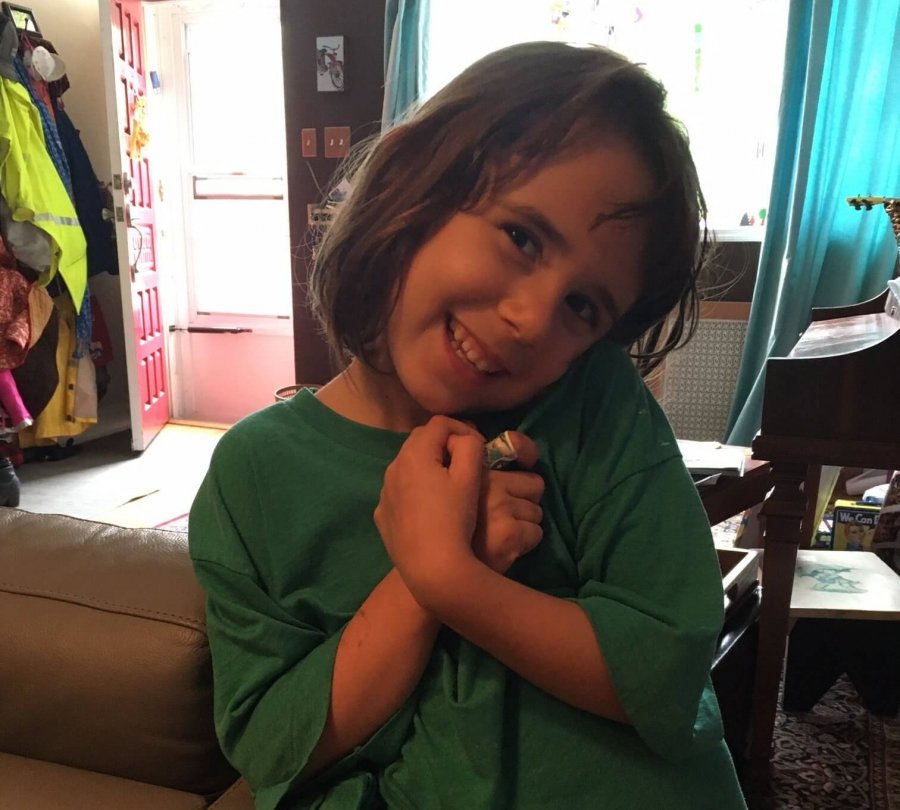
We made it to Egypt! Last week the Garinim (preK and K kiddos) journeyed with Yaakov’s family from their famine-ridden home in Canaan to Egypt where Yosef had saved up enough food to last the region for years. Yaakov enjoys another 17 years of an already long life, surrounded by his reunited family, including his long-lost favorite son. Shortly before his death, Yaakov starts handing out brachot (blessings), beginning with Yosef’s sons, Ephraim and Menasheh. Part of their brachah is that future generations of Jewish people will bless each other by saying, “May God make you like Ephraim and Menasheh.” But like them how? We don’t really know.
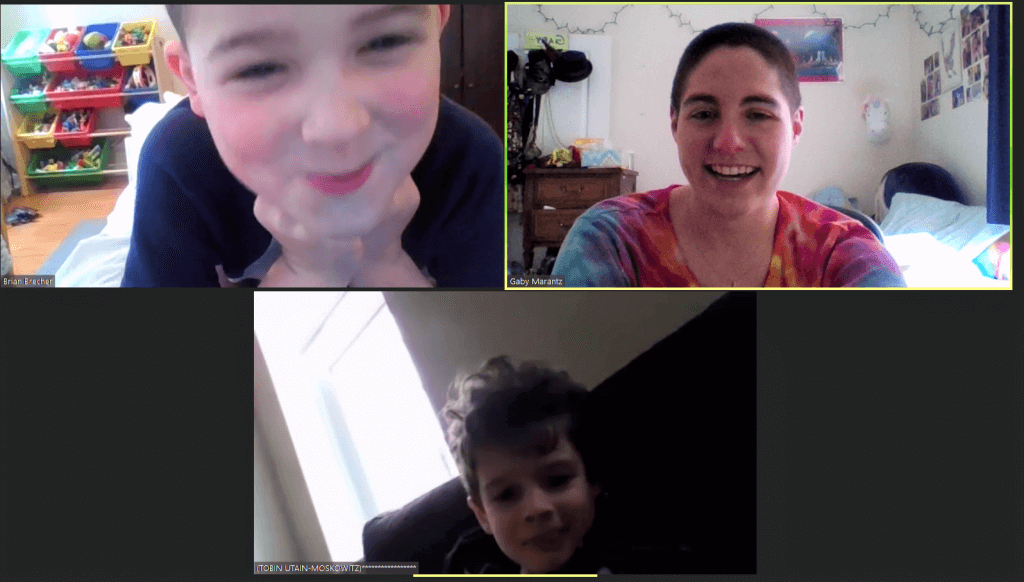
Who are people or characters that we want to be blessed to be like? What brachot could we imagine that uses their names in place of Ephraim and Menasheh?
- May God make you powerful like Elsa.
- May God give you a trolley like Daniel Tiger.
- May God give you a talking fish like Elmo.
- May God make you as playful as my dad.
And what about us? What if we were Ephraim and Menasheh and future people will bless each other to be like us? What could those brachot look like?
- May God make you joyful like Tilde.
- May God make you artistic like Selah and Tobin.
- May God make you a wonderful, kind friend like Owen.
- May God make you smart and empathetic like Elia and Uriel.
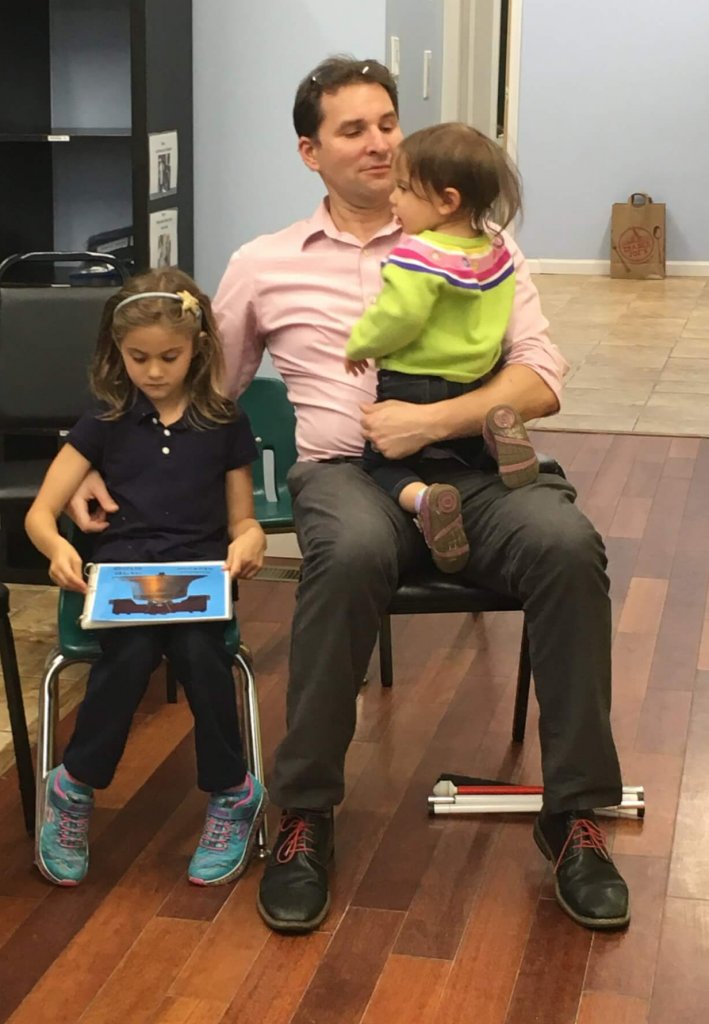
After blessing Ephraim and Menasheh, Yaakov calls all of his sons to him. He gives each of them a fitting brachah or future prediction (we determined that some of them are not so nice, so they don’t really read like brachot to us). Yaakov’s brachot use a lot of similes, metaphors, and other symbolism and comparisons. We reimagined some similes to be about us instead. Here’s what we came up with:
- I am as fast as a cheetah.
- I am as strong as an ant.
- I am as loving as my parents.
- I am as funny as a clown.
- I am brave like Merida (from the movie Brave).
- I am as sweet as honey.
- My memory is as good as a computer chip.
- I am as pretty as a unicorn.
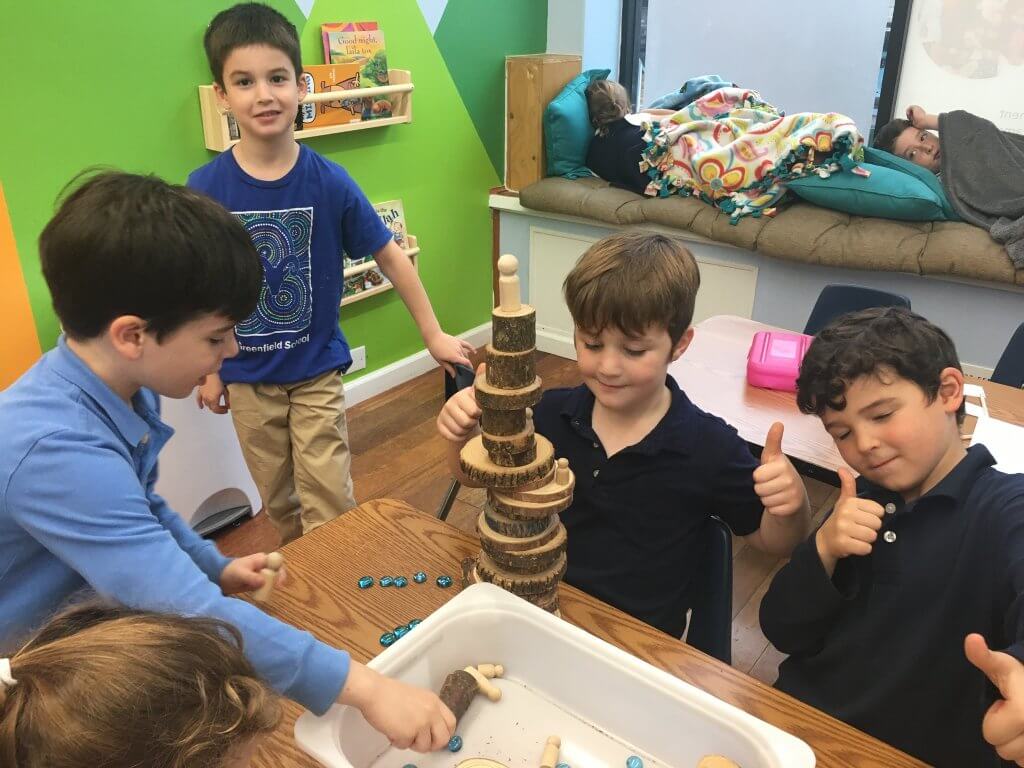
Now, ready for a confusing ride? The Shorashim (1st graders) and Nitzanim (2nd-4th graders) unpacked the wild story of Moshe’s death last week. After leading Bnei Yisrael (the Jewish people) on a harrowing journey through the desert, Moshe finally brings them to the River Yarden, which he will never cross. At age 120, he dies on a mountain somewhere in the wilderness and is buried in an unknown location by God. Woah. We all wondered how to make sense of a story that actually doesn’t make very much sense to us at all. Here are some of the questions we asked:
- Is it possible to not ever know what actually happened? How does that make you feel?
- Does Torah have to make sense?
- Do you think Moshe actually lived to 120?
- Can it be good that sometimes the Torah doesn’t make sense to everyone all the time? Why?
- Do you think there’s any truth to this story?
And here are some of our answers, ideas, and commentary:
- Sometimes it’s nice to not know everything because sometimes that can hurt other people’s feelings.
- It doesn’t have to make sense cause even if it doesn’t make sense to you it might make sense to other people.
- Even if it doesn’t make sense it still tells a story.
- The Torah, just like other books, is sometimes wrong. Just like scientists sometimes.
- It doesn’t make sense that [Moshe] is strong enough and that he can see but it makes a little more sense that he lived long because he was a very valuable hero, and I think maybe God caused him to have the power.
- Books can be fictional but also true. Like there’s still seas and rivers [in the Torah].
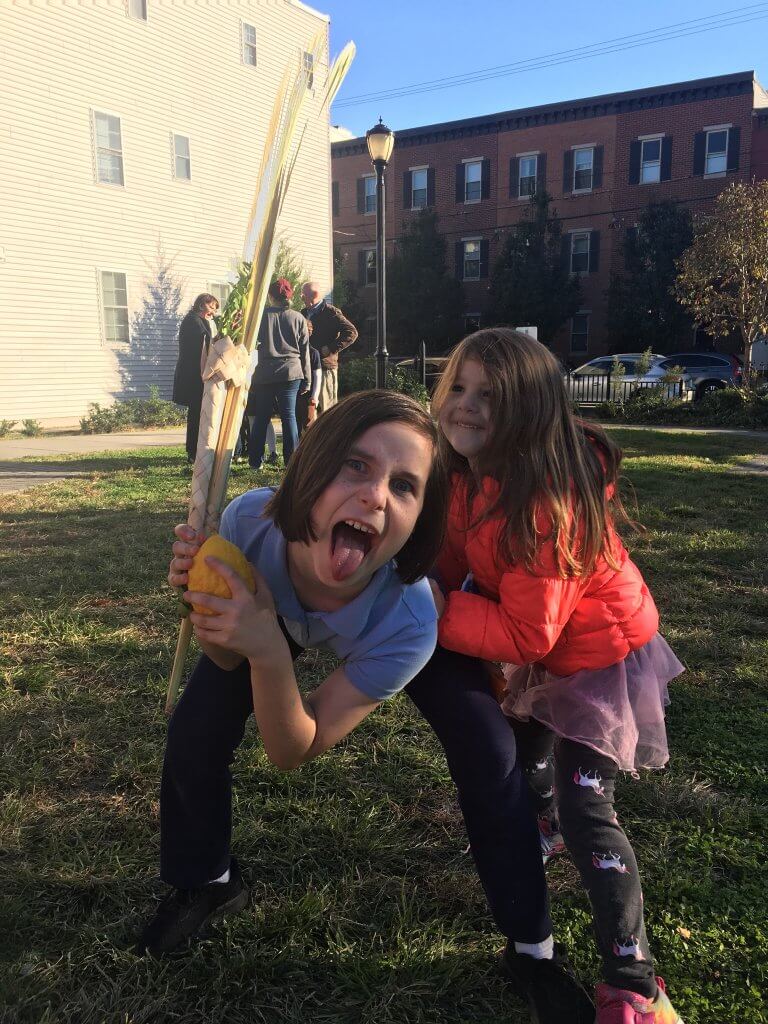
The Nitzanim reflected that the Torah reads more like a storybook, rather than a history book. But just like in storybooks, there can still be morals and lessons we take away from what we read, even if it’s not 100% true. We also noticed that it can provide inspiration for our own storytelling.
What benefits are there to Torah stories not making sense to everyone?
- It makes us more imaginative and creative. Hearing all these crazy stories can give us ideas.
- It gives us a good story to tell.
- It’s a little bit funny and cuckoo.
- You get to come up with your own answers to your questions.
- You get to become more creative and it’s more fun. If things all made sense in the world, there would be no need to ask questions, and that makes life boring.
It was exciting to see the Shorashim and Nitzanim kids tackle some really tough stuff and make sense of situations where we don’t have all the answers! And I think there’s some powerful Torah to learn from their perspective. In a time where perhaps we find a lot of things that don’t make sense to us, may God make us like the Shorashim and Nitzanim to view uncertainty as an opportunity to ask questions and make up fun answers*.
*Except about science. I don’t recommend we make up our own fun answers to questions about science.
